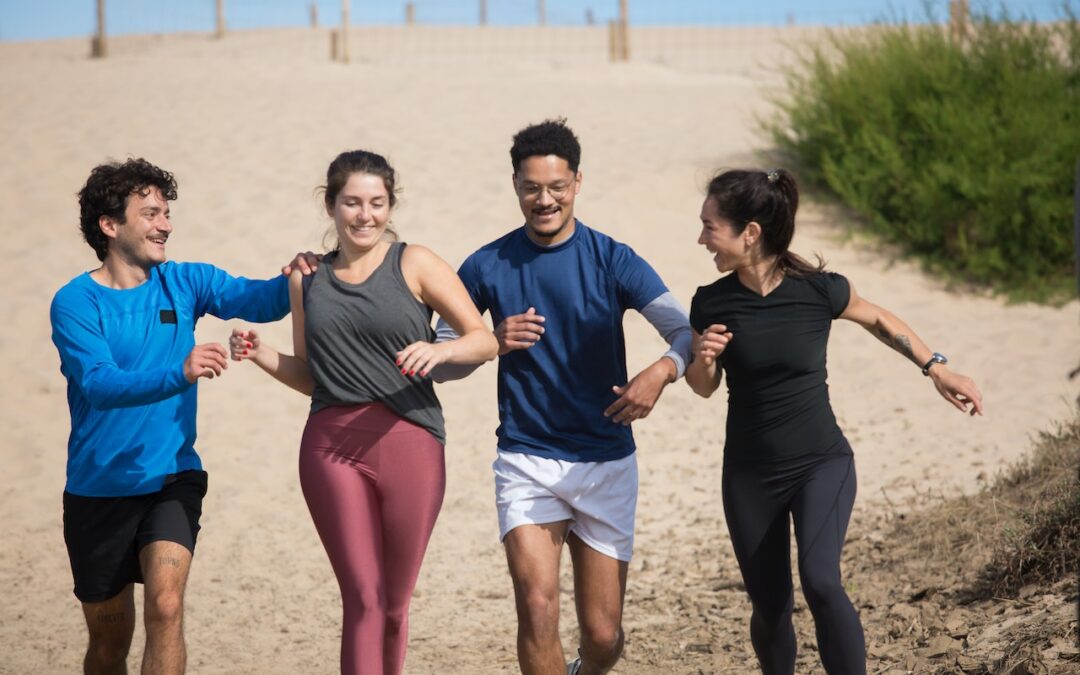With summer in full swing and the high temperatures that accompany it, the importance of avoiding heat-related illness is essential. Heat exhaustion can affect anyone, but especially athletes, young children, the elderly and anyone who is already feeling a bit under the weather.
Some signs and symptoms of heat exhaustion can include:
- Dizziness
- Headache
- Heavy sweating
- Muscle cramps
- Paleness
- Tiredness
- Upset stomach/vomiting
- Fainting and weakness
In severe cases, it can lead to heat stroke, causing liver and kidney failure.
If heat exhaustion is suspected, immediately move the person to a shaded or indoor area and hydrate with cool, nonalcoholic beverages. Also try a cool (not cold) bath. If symptoms are severe or persist for more than an hour, seek immediate medical attention.
For athletes, slowly getting acclimated to the heat is the biggest prevention method for reducing heat-related illnesses. During the first 10-14 days of training in the heat, athletes should gradually increase the duration and intensity of their exercises or sports-related activities.
Some general tips for preventing heat-related illnesses include the following.
- Get plenty to drink: Sweating removes needed salt and minerals from the body. When it is hot, drink more water, juice and sports drinks. Avoid drinks with caffeine (tea, coffee, and cola) and alcohol. Be sure to eat and drink regularly. HYDRATE, HYDRATE, HYDRATE!!
- Stay cool indoors: The best way to beat the heat is to stay in an air-conditioned area when not training or exercising. A cool shower or bath is also a good way to cool off.
- Wear light clothing and sunscreen: Wear as little clothing as possible when you are at home. Choose lightweight, light-colored, loose-fitting clothing. If you will be in direct sun, use a sunscreen with a sun protection factor (SPF) of 30 or higher and follow package directions. Reapply every 2 hours while in the sun.
- Schedule outdoor activities carefully: Try to be less active during the hottest part of the day, late afternoon. If you must be out in the heat, plan your activities so that you are outdoors either before noon or in the evening. While outdoors, rest often in a shady area.
- Pace yourself: If you are not used to working or exercising in hot weather, start slowly and pick up the pace gradually. Take frequent, regularly scheduled breaks. If activity in the heat makes your heart pound or leaves you gasping for breath, stop activity, get into a cool or shady area, and rest. Especially if you become lightheaded, confused, weak or feel faint.
- Use a buddy system: Exercise with a partner. A friend or a teammate can help with noticing signs or symptoms of heat exhaustion or heat stroke. High temperatures can cause serious health problems. Know the symptoms of heat-related illness and be ready to help.

